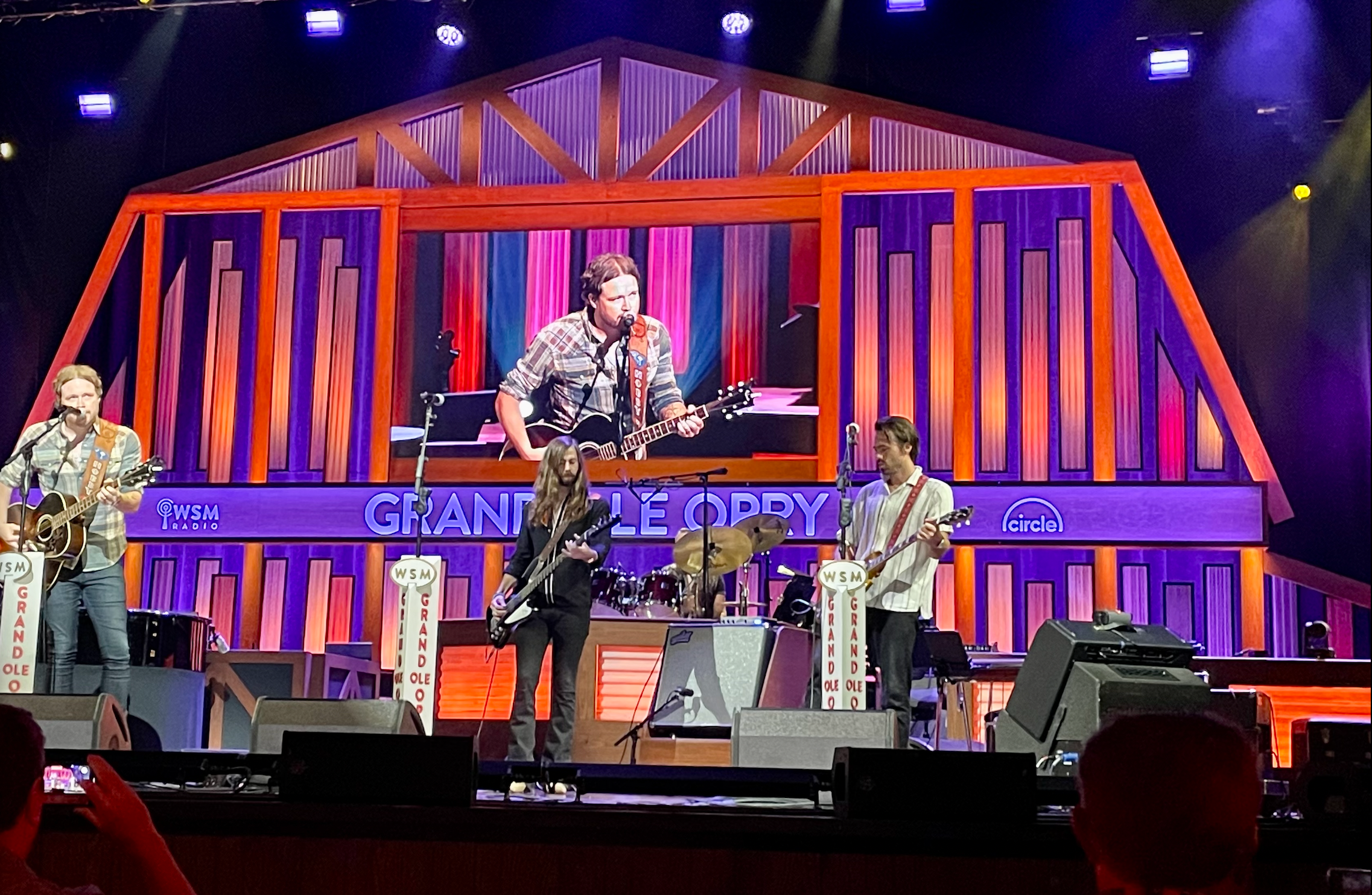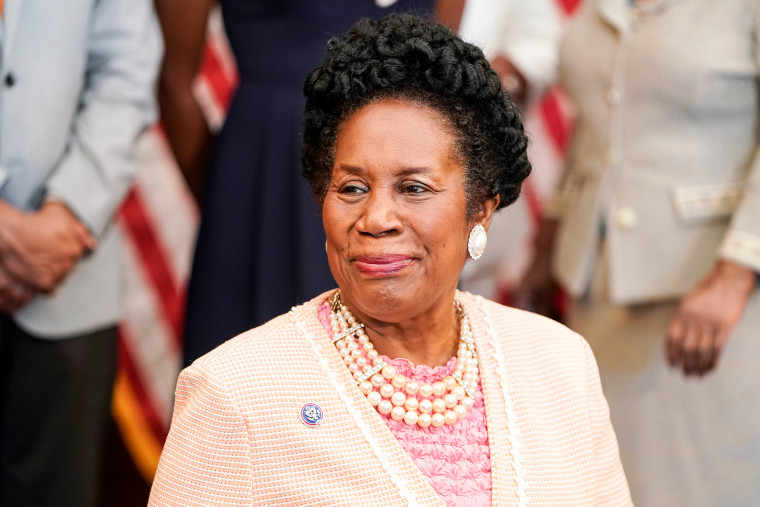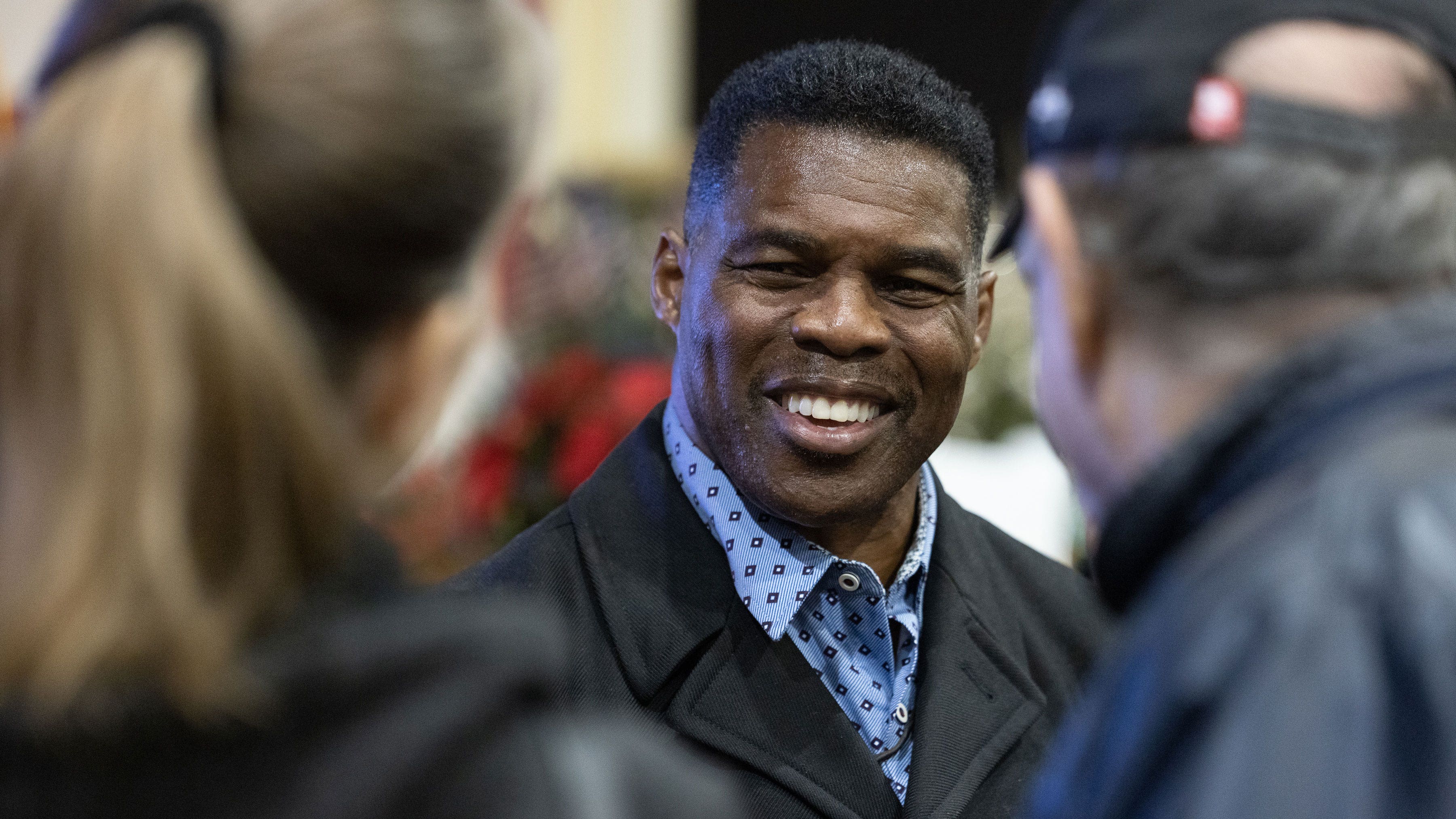The Grand Ole Opry, the world’s longest-running broadcast, debuted on WSM Radio in Nashville on this day in history, November 28, 1925.
“The show was originally called the Barn Dance after a Chicago radio program called the National Barn Dance that began airing last year,” according to History.com.
“Impressed by the popularity of Chicago’s National Barn Dance, producers at WSM radio in Nashville decided to create their own version of the show to cater to southern audiences who could not receive the Chicago signal.”
ON THIS DAY IN HISTORY, NOV. 1/25/1963 JOHN F. KENNEDY IS BURIED AT ARLINGTON NATIONAL CEMETERY.
“Barn Dance” was renamed “Grand Ole Opry” two years later thanks to an unrecorded moment of inspiration on air by host George D. Hay on December 10, 1927.
“Following NBC’s broadcast of the Walter Damrosch Music Appreciation Hour [a classical music program]announced Haye on air: “For the last hour we’ve been listening to music mostly taken from the Grand Opera, but from now on we’ll be presenting the grand ole opry,” the Opry website wrote in its story of the moment. that changed the future of American music.
Grand Ole Opry founder George D. Hay, whistle tucked under his arm, is pictured with a WSM microphone hanging near his head.
(Grand Ole Opry Archives)
Haye’s turn of phrase, “grand ole opry,” in a rustic Southern American accent, resonated with listeners and became an instant sensation.
The Barn Dance broadcast was soon renamed the Grand Ole Opry — and has been going strong ever since.
MEET THE AMERICAN WHO FOUNDED THE GRAND OLE OPRY: “THE EXCELLENT DIRECTOR GEORGE D. HAY
Hay “was a great visionary and a brilliant romantic who played an important role in the commercialization and promoting country music“, – writes the Country Music Hall of Fame.
The Barn Dance broadcast was soon renamed the Grand Ole Opry and has been going strong ever since.
The Grand Ole Opry was originally broadcast from the radio station’s studio on the fifth floor of the National Life & Accident Insurance Company in Nashville.
The Opry’s growth skyrocketed in 1932 when WSM, the first open-channel station in Tennessee, added a 50,000-watt transmitter.
The new technology has made WSM “a giant that spans the nation,” according to the station’s website.
JOHNNY CASH IS THE KING OF NASHVILLE: HIS METHODS, LEGACY AND LEGEND RULE MUSIC TOWN
The Grand Ole Opry could now be heard across large swaths of the country, far beyond his home in Nashville.
It became a national institution.
The broadcast became so popular that in 1943 it moved to the Ryman Auditorium in downtown Nashville.
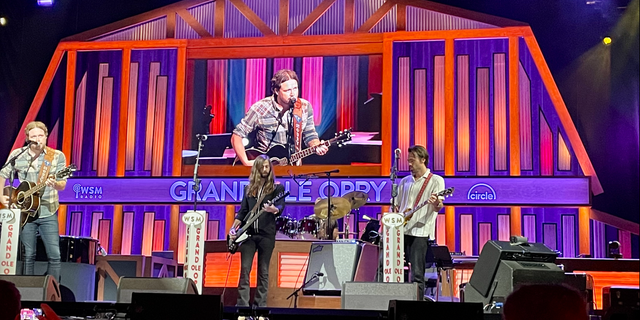
A thousand horses perform at the Grand Ole Opry in Nashville, Aug. 27, 2022. The Grand Ole Opry moved from the Ryman Auditorium in downtown Nashville to its current Opryland location in March 1974.
(Carrie J. Byrne/Fox News Digital)
The Grand Ole Opry built its own theater and country music campus, Opryland, in 1974, about 10 miles east of downtown.
The Opryland Theater continues to be a showcase for American songwriting, from traditional Appalachian fiddlers to the greatest hits of modern country music.
The Grand Ole Opry built its own theater and country music campus, Opryland, in 1974.
“Both the Grand Ole Opry and the National Barn Dance were broadcast on Saturday nights and featured folk music, fiddle playing and the relatively new genre of country-western,” according to History.com.
CLICK HERE TO SUBSCRIBE TO OUR LIFESTYLE NEWSLETTER
“Both shows created a growing audience for a uniquely American style of music and launched many of America’s most beloved musicians— sings cowboy Gene Autry got his first big break at the National Barn Dance.’
Johnny Cash, Loretta Lynn and Dolly Parton all of which brought national recognition early in their Grand Ole Opry careers.
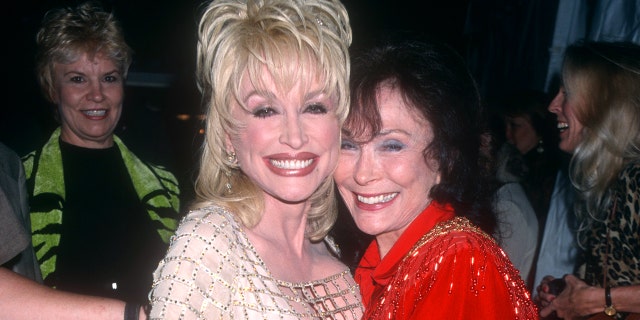
American singer-songwriter Dolly Parton poses with American country singer Loretta Lynn circa 1997 at the Grand Ole Opry in Nashville, Tennessee.
(Photo by Ron Davis/Getty Images)
Lynn statue, who died last monthstands today outside the Ryman Auditorium.
Cash, as an unknown teenager in 1950, met his future wife June Carter, who was already a famous country music artist, backstage at the Ryman Auditorium.
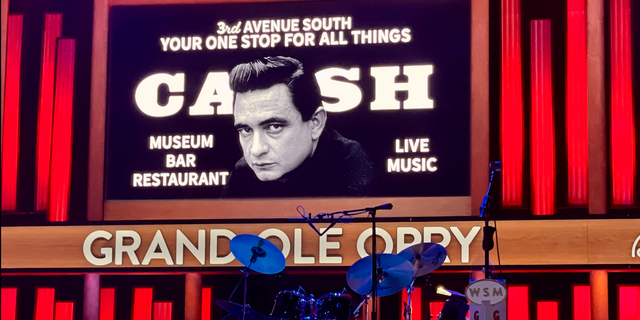
Johnny Cash’s image can be seen all over Music City, including this ad during a Grand Ole Opry performance promoting Cash’s downtown Nashville sites.
(Carrie J. Byrne/Fox News Digital)
Their relationship would become one of the most famous romances in the history of American pop culture.
The Grand Ole Opry was recognized by Guinness World Records as the longest broadcast in the world in 2004.
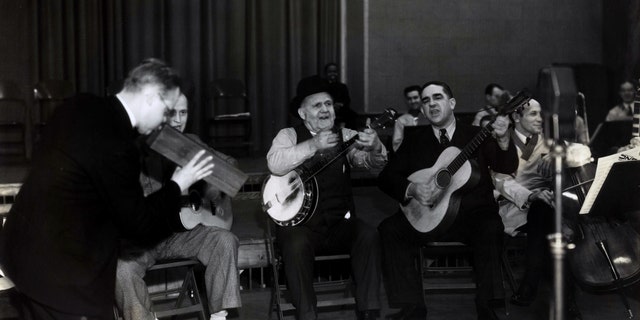
Broadcaster George Hay (left) with performers Uncle Dave Macon and Paul Warmack on an early WSM broadcast.
(Grand Ole Opry Archives)
The Grand Ole Opry’s unique name, created in a moment of inspiration by host Haye, reinforced the rural American identity of the show that was so important to its success.
CLICK HERE TO GET THE FOX NEWS PROGRAM
“Hay had a very romantic and nostalgic vision of country life, music and culture, and he carefully cultivated that in the early Opry programming,” Opry archivist Jen Larson told Fox News Digital.

